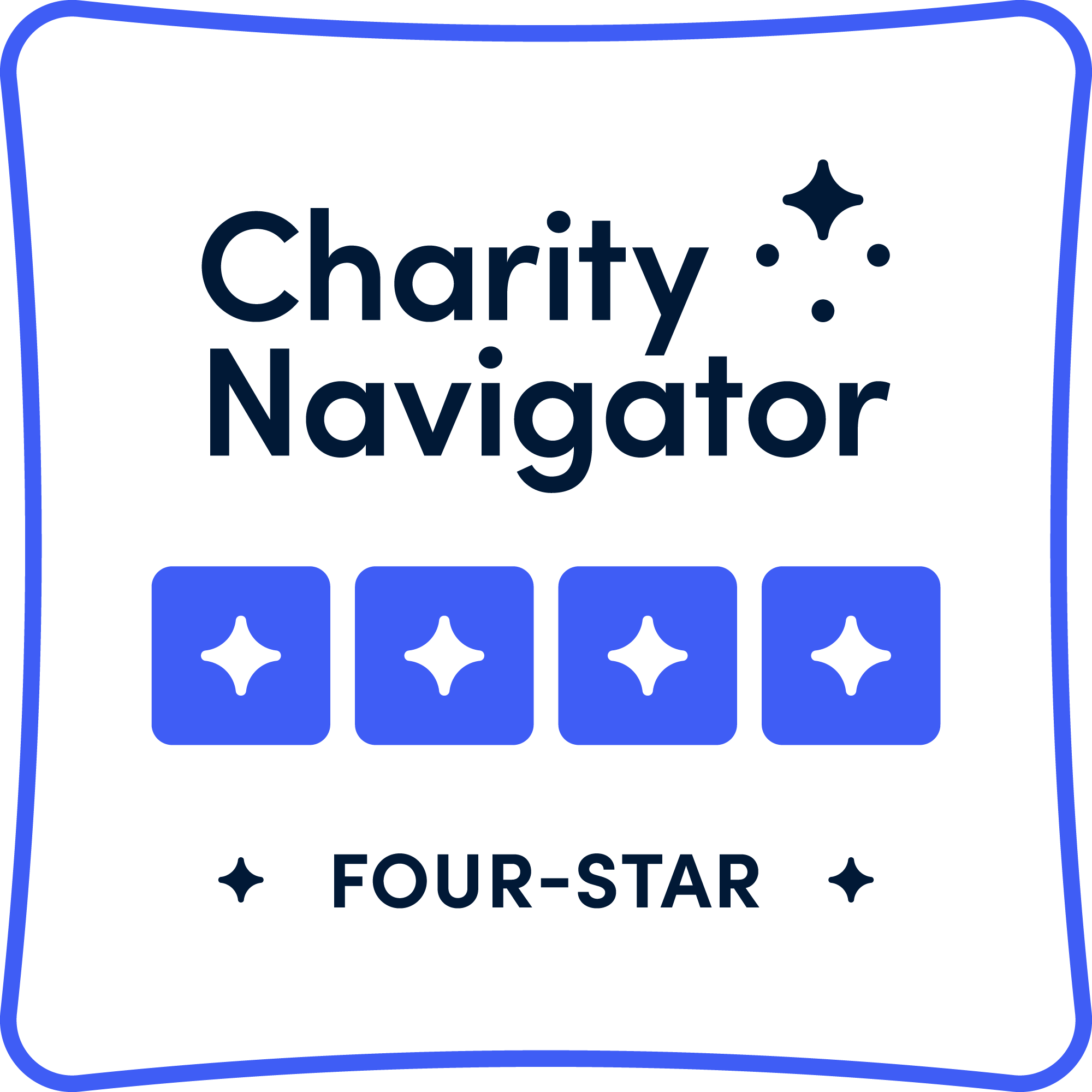Emotional Resilience: Mental Health and Coping Strategies During Cancer Treatment

At the National Foundation for Cancer Research (NFCR), we understand that cancer affects not only the body but also the mind and spirit. Building emotional resilience, the ability to adapt to challenging circumstances, is a crucial part of the healing process.
Cancer patients often face challenges like anxiety, depression, and emotional trauma. Recognizing these feelings and learning effective coping strategies can make a profound difference in your treatment journey and quality of life.
Why Emotional Health Matters
- Mental health is closely tied to physical recovery.
- Managing stress and emotions can improve immune function, increase treatment tolerance, and enhance daily well-being.
- A strong emotional foundation empowers you to make informed decisions and stay engaged in your care.
Common Emotional Challenges During Treatment
It is completely normal to experience a wide range of emotions during cancer treatment, including:
- Anxiety: Worry about the future, side effects, or treatment outcomes.
- Depression: Feelings of sadness, hopelessness, or loss of interest in daily activities.
- Fear: About recurrence, survival, or changes to daily life.
- Guilt or Anger: Over-needing help or explaining why the illness occurred.
- Trauma and Stress Reactions: Particularly after a sudden diagnosis or intense treatments.
Recognizing these emotions early allows you to seek support before they become overwhelming.
Coping Strategies to Build Emotional Resilience
- Acknowledge Your Feelings
-
- Give yourself permission to feel sadness, anger, or fear.
- Journaling or talking openly with trusted friends can help process emotions.
- Stay Connected
-
- Lean on family, friends, and your care team.
- Staying socially connected — even through phone calls or online — reduces feelings of isolation.
- Use Support Groups
-
- Many patients find strength in speaking with others who understand their experience.
- Support groups (in-person or virtual) offer a safe space to share stories, advice, and encouragement.
NFCR encourages patients to ask their oncology team or hospital social worker for recommendations on trusted support groups.
- Consider Counseling or Therapy
-
- Professional counselors, psychologists, and oncology social workers are trained to help you navigate emotions.
- Therapy provides tools to manage anxiety, depression, and adjustment challenges.
- Short-term counseling during treatment can make a big difference.
- Practice Stress-Reduction Techniques
-
- Deep breathing exercises, mindfulness meditation, and gentle yoga can calm your mind.
- Even a few minutes a day can lower anxiety and improve focus.
- Set Small, Achievable Goals
-
- Accomplishing even small tasks (like taking a short walk or calling a friend) builds confidence and a sense of normalcy.
- Focus on What You Can Control
-
- Treatment schedules, meal choices, daily routines — focusing on what you can manage can help reduce helplessness.
Signs You May Need Additional Help
If you experience any of the following, talk with your doctor or a mental health professional:
- Persistent sadness or hopelessness lasting more than two weeks
- Intense anxiety or panic attacks
- Loss of interest in activities you used to enjoy
- Difficulty sleeping or eating
- Thoughts of harming yourself or others
There is no shame in asking for help. Mental health support is an important part of comprehensive cancer care.

NFCR’s Message to You
At NFCR, we believe emotional strength is just as important as physical strength. Through support, counseling, and self-care, you can build the resilience needed to navigate the challenges of cancer and come through stronger.
Remember:
- Talking about your feelings is a sign of courage, not weakness.
- Seeking help early builds resilience for the entire journey.
- You are not alone — NFCR and your community stand with you.
Sign-up to Stay Informed About Cancer Research Breakthroughs with NFCR!
A world without cancer is possible. Help us turn lab breakthroughs into life-saving realities.

5.7 Million+
Donors who have fueled NFCR’s mission

$420 Million+
Invested in high-impact research & programs

36+ Labs & Hundreds of
Nobel Laureates & Key Scientists received NFCR funding, driving breakthrough research












